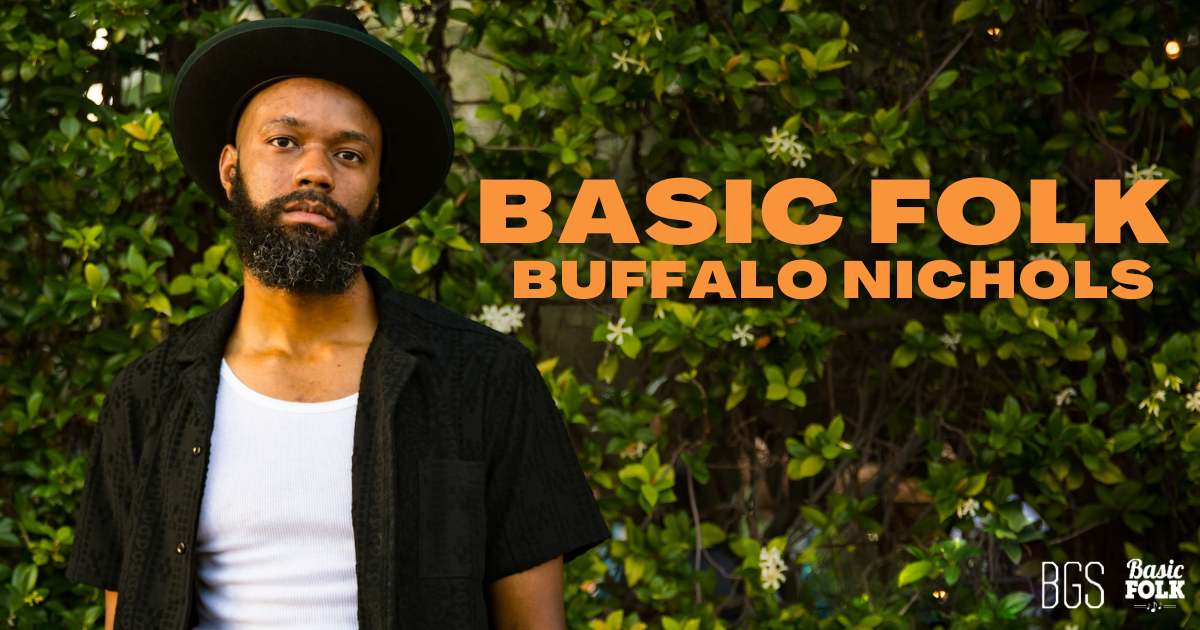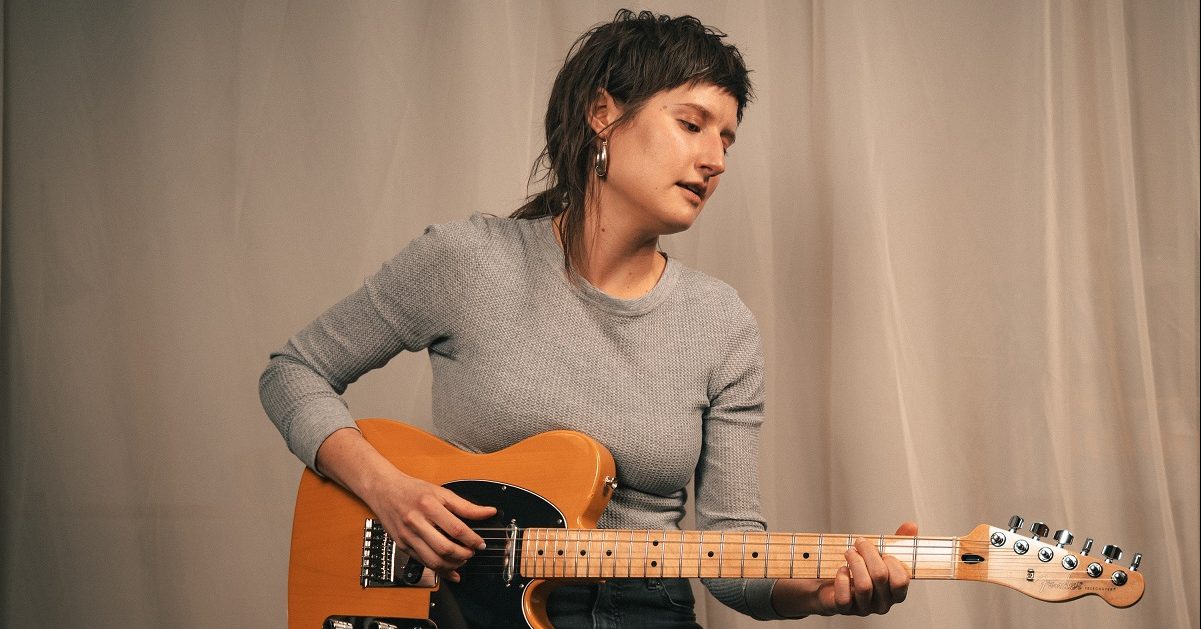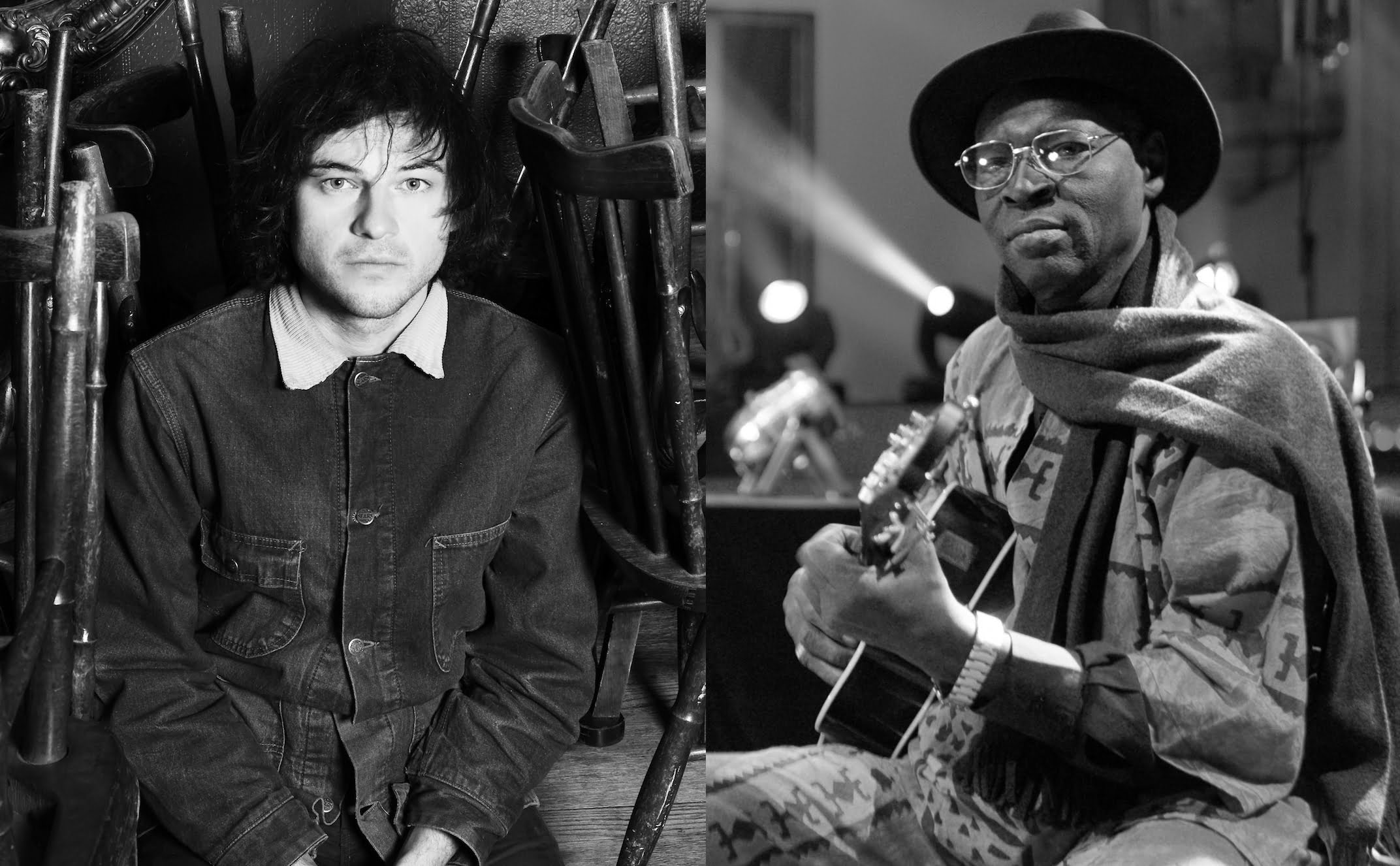Dubbed “the African John Lee Hooker,” Ali Farka Touré rose out of obscurity, in terms of Western recognition, with a little help from Ry Cooder, when the two joined forces for Talking Timbuktu in 1994. Many more collaborations and accolades followed in the wake of that project, but Touré's success back home in Mali was marked by different measures. Singing in a number of languages — primarily Songhay, Fulfulde, Tamasheq or Bambara — he brought communities together and made voices heard. His legacy, musically and personally, lives on in the many African artists who have followed in his footsteps.
American artists, too, tread his past, including singer/songwriter/guitarist Ryley Walker. On his albums, like 2016's Golden Sings That Have Been Sung, Walker incorporates the cyclical, off-kilter rhythms he learned from listening to Touré. Casual listeners to his work might not single out his main reference point, but serious students of the form must surely admire his ability to bridge the gap between here and there, now and then.
I always like to start with broad strokes, so … why Ali Farka Touré, for you? Is he someone whose work you've studied pretty closely?
I first heard his music late in high school. I was kind of a sponge for world music, at the time. African and Brazilian. I was at a really good age to find that kind of music. I've always been kind of fascinated by off-kilter blues that's so present in that music. It's unlike anything else — really innovative. It relies on tradition. West African music is really forward-thinking, really progressive. It's the kind of music that anyone can enjoy, yet it's really complicated and insanely groovy. It's incredibly hypnotic. The number of languages he sings in is really incredible — like four or five different languages.
Like a lot of folks, my introduction to him was the Talking Timbuktu project he did with Ry Cooder. With a project like that, why is it so important to tie the threads together the way they did?
That record's really good. It was a huge record, too. I think it sold over a million copies and got all sorts of Grammys. It's a really incredible collaboration. I think Ry Cooder paid a lot of respect. He was really into it.
There are also the Red and Green records, those two records that were both self-titled, released in '84 and '88. Both of those records were inspired. They have to be some of my favorite records that he's ever done. There's a little Moody Blues saxophone thing on there. It just seems like you could go up to him and shake his hand and be like, “What's up, man?” He just seems so approachable. That's just kind of the scene — somewhere in Mali, just a bunch of guys hanging loose, just a normal day in Mali. And, yet, there are probably four languages on there. It's the rawest, purest form. They didn't try to slick the music up. A lot of his sounds are pretty slick, toward the end of his life. But this is just him, in his prime, making records with no Western audience, at the time.
I haven't seen Feel Like Going Home, the Scorsese documentary that he's featured in which traces the lineage of the blues. But, if American roots music goes back to the blues and the blues go back to African music, what do you hear as the similarities and differences between those forms?
I guess, yeah, it can all be traced back. It's a truly unique form of music. It's really original, the traditions that Ali Farka Touré's playing on. It definitely has some groove in there. But, before that, it was real folk music. It was just played by the baker down the street or the local blacksmith. It was just people. It wasn't a record label thing. It wasn't a monetary thing. It was just for them and their friends. It was real tradition. There's no pretension to it at all. It's just real music by real people.
You could go to a village — I mean, I've never been, but … it's not like you would go to a bar in Chicago and say, “Oh, these are musicians.” Everybody in these villages plays music. It's part of their DNA.
Right. It's similar to, still today, if you do down into the Delta, the old blues men are sitting on their porches and nobody's ever heard of them.
Yeah, absolutely. I agree. And Ali Farka Touré, for me, he's up there with [Jimi] Hendrix or anybody else. And his son is really good, too — Vieux Farka Touré. I don't know if you've heard of him.
I have. Yeah. And I was going to ask … who do you feel is carrying on his work? Obviously Vieux is among them and opening his arms far and wide to interesting collaborations.
He's really bad ass. He played a great concert in Chicago about five years ago in the park. He was absolutely ripping. His band was really smoking hot. He's had some questionable collaborations with American musicians. Because I'm such a huge fan of Ali Farka's, when Vieux's first solo record came out, I was like, “Man, I don't know …” But I think that record was as good as anything Ali Farka Touré's ever done.
I'm just fascinated by the whole circuit. They're born in really small villages, where there's no media or anything. And they could rise above it because they're such innovators that it caught on. That's really magical.
And how much of all that creeps into your music?
I think it really creeps into my music. There's always an off-kilter groove with the drums. It's a very cyclical music, instead of a four-four in American rock music. That cyclical, off-kilter thing where the grooves go into each other … I guess you could find a lot of that in Kraut rock, too. They took a lot from Ali Farka Touré, in terms of groove. Or if you listen to Fela Kuti or any of the big African rock stars. They have that cyclical sound where the rhythm and the temperament and the measurement so seamlessly go into each other without a big fill or stop. It feels really natural. I think I definitely try to incorporate that into my music. I rip off Ali Farka Touré religiously. [Laughs]
[Laughs] You're paying homage. You're doing it right.
Absolutely. I respect the hell out of his legacy. I appreciate the music every time I hear it.
How important is it for Westerners to pick up those torches and help carry them forward?
I don't know if it's important to them. It all depends on the listener and what they want from the music. There's music you can rock to. There's music you can worship, like me, and try to play like it, pay homage to it. I don't know. That's a really good question.
You're shining a light on this hero of yours through your work and through talking about him. So that helps spread his message and, hopefully, people will go back and listen to him. I'd say it's a community service.
I'd love to think of it as a community service. It's some of the most important music up there … like [John] Coltrane or Charles Mingus or Art Tatum or any great innovator. It's definitely important to keep the records on, keep the music going. I don't think I'm going to be in a West African band, by any means. [Laughs]
But I absolutely adore his music, ever since I first heard him. It's so captivating. Really beautiful and pure. The guy was so smart. In America, if you speak Spanish, it's like, “Whoa.” Or if you know French or German, it's more of a hobby. But there, you need to know all these languages for work because you have so many different cultures right around you, like the tribe in the next village with a different language and you need to make money and trade with them. So they learn so many languages and incorporate so many different cultures. There's so much different stuff going on there within 500 square miles and they incorporate that into the music. It's a beautiful thing.
Here is a fun and fascinating Wikipedia fact, which we'll take as the truth: “In 2004, Touré became mayor of Niafunké and spent his own money grading the roads, putting in sewer canals, and fueling a generator that provided the impoverished town with electricity.”
Damn!
That's a hero, right there.
That's pretty amazing. That's Robin Hood vibes. He seems like a good dude. Any footage you see of him playing, he's always surrounded by friends and family. That's really cool to me. And they'd sing along to the tunes, to this music they came up with. I guess he was sort of solely responsible for taking West African music around the world and making it popular. I don't know if it's super popular, but record collectors and fans of old music, he's solely responsible for that, him and a few others.
Love the blues? Check out our interview with Jimmy "Duck" Holmes.
Photo of Ryley Walker by Eric Sheehan. Photo of Ali Farka Touré courtesy of public domain.


